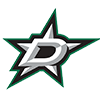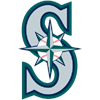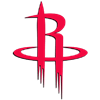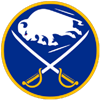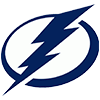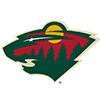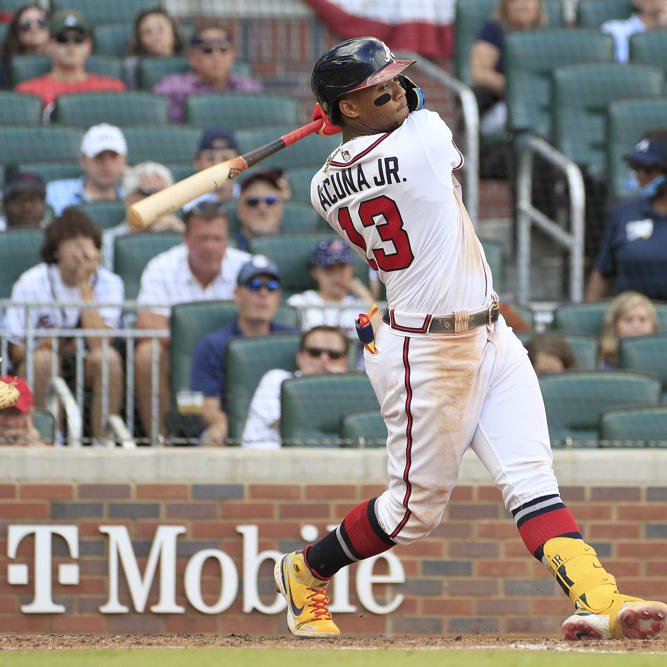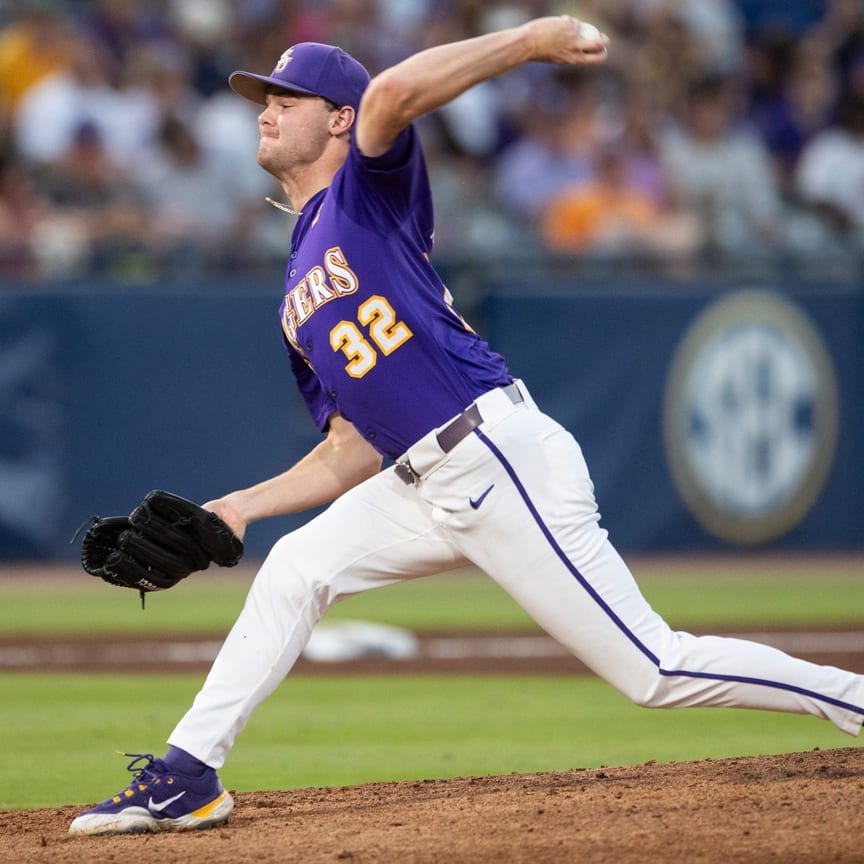From: Carson Cistulli
Subject: Re: You're a Good Mon, Charlie Blackmon
Date: June 14, 2011 2:13 PM
To: Chris Liss
I want to make it clear before I begin, Liss, that this is not Jeff Erickson with whom you're corresponding. Erickson has informed me - has informed all of Team RotoWire - that he's going on vacation. While that assuredly might be the case, I find it odd that he's cleared out his desk, that his cell phone no longer connects, and that the balance total of RotoWire's super secret Swiss bank account is missing the right-most zero.
Coincidence? Very likely not.
In any case, given the opportunity to seize everything I ever wanted in one moment (i.e. contribute to Charging the Mound), allow me to steer this conversation towards a topic that I'm fully prepared to drive into the ground - namely, Rockies left field Charlie Blackmon.
Blackmon, for me, represents a case study in a fact that I think a number of fantasy owners ignore - which is that, in many keeper-league formats, you can play for now and later simultaneously.
It's fitting that I'm sending this to you on the very same day that RotoWire prospect-maven Jason Collette has published his latest top-100 rankings list. One feature of Collette's rankings that is both (a) very helpful and (b) kinda courageous is that he includes the previous month's ranking. This allows us to get a sense of just how much a prospect's, uh, prospects can
From: Carson Cistulli
Subject: Re: You're a Good Mon, Charlie Blackmon
Date: June 14, 2011 2:13 PM
To: Chris Liss
I want to make it clear before I begin, Liss, that this is not Jeff Erickson with whom you're corresponding. Erickson has informed me - has informed all of Team RotoWire - that he's going on vacation. While that assuredly might be the case, I find it odd that he's cleared out his desk, that his cell phone no longer connects, and that the balance total of RotoWire's super secret Swiss bank account is missing the right-most zero.
Coincidence? Very likely not.
In any case, given the opportunity to seize everything I ever wanted in one moment (i.e. contribute to Charging the Mound), allow me to steer this conversation towards a topic that I'm fully prepared to drive into the ground - namely, Rockies left field Charlie Blackmon.
Blackmon, for me, represents a case study in a fact that I think a number of fantasy owners ignore - which is that, in many keeper-league formats, you can play for now and later simultaneously.
It's fitting that I'm sending this to you on the very same day that RotoWire prospect-maven Jason Collette has published his latest top-100 rankings list. One feature of Collette's rankings that is both (a) very helpful and (b) kinda courageous is that he includes the previous month's ranking. This allows us to get a sense of just how much a prospect's, uh, prospects can change just in the span of a month.
Consider, for example, the case of Philly farmhand Jonathan Singleton, who's dropped 50 spots in Collette's rankings, moving from 30th overall to 80th since the beginning of May. Not only is Singleton's offense down from the levels he set in his first two minor-league seasons, but an attempt to convert him from first base to outfield (where he'd be more valuable both in fantasy and in real-live baseball) has been aborted.
Consider, on the other hand, the case of another first baseman, Arizona's Paul Goldschmidt. At the beginning of May, Goldschmidt was absent from Collette's list; now he's (Goldschmidt, not Collette) 52nd overall. Goldschmidt is walking more than he strikes out (52:45 BB:K) just one year after posting a BB:K of 57:161. He's slashing an impressive .343/.465/.687 (.354 BABIP) despite playing in a neutral park. None of this seemed particularly likely even two months ago, but it's happened, and it bodes well for Goldschmidt's major-league prospects.
Blackmon is the best-case scenario of the Goldschmidt path. He appeared nowhere on the very smart John Sickels' preseason top-100 prospect list; was 83rd on Collette's May version of same; and is now a starting left fielder for the Colorado Rockies. He offers plate discipline, some power, and is already 3-for-3 on stolen-base attempts. He is, in short, a young player who'll likely out-value a lot of the players who appeared above him on these sorts of lists, but who was probably available - even in keeper leagues - until very recently.
I'm curious, what're your thoughts on this, generally? Do you have a ranking cut-off after which you won't invest long term? Like, maybe Bryce Harper and Mike Trout make sense, but someone like Jonathan Singleton was never an option for you? Do you go hard after non-prospects with MLB jobs, like Blackmon?
From: Christopher Liss
Subject: Re: You're a Good Mon, Charlie Blackmon
Date: June 15, 2011 12:18 AM PDT
To: Carson Cistulli
What prospects I'd be willing to keep depends on the league depth and replacement value obviously, so I can't say as a general matter where the cut-off is. I do think that it's important not to confuse prospect lists with cheat sheets for fantasy. For one, stolen base prospects like Blackmon and Dee Gordon are far more valuable in fantasy than in real life. But more importantly, prospects are usually graded on long-term potential, and not on usefulness for this year. If you look at Collette's list, Manny Machado and Harper are in the top five, but there's no chance either one will help your fantasy team this year.
As you know, that's because players who hit well at 18 or 19 in the minors and whom scouts like typically have the highest long-term ceilings, but they're less likely to be ready in the near term. But if a player like Blackmon - who's 24 - starts to get it in the high minors, there's a good chance he'll be ready to produce in the big leagues. In fact, minor league numbers being equal, I think I'd take a 23 or 24 year old over a 21 year old for this year only. The latter probably has the higher long-term ceiling and will almost certainly be regarded as the better long-term prospect, but for this year, give me J.P. Arencibia over Jesus Montero (easy to say that now, I know).
I also think it's normal for prospect lists to change drastically over shorter samples because players are getting exposed to new levels, and there's not a lot of data on them to begin with - at least compared to major leaguers who have longer track records. Moreover, there's naturally more volatility as these guys aren't yet fully formed as players, and often get taller, heavier and stronger as they mature. So yes, Goldschimdt should be drastically bumped up.
That said, I do value pedigree - I usually have Alex Gordon and Matt Wieters on my teams even though this is the first year they might actually earn their draft-day costs. But I like getting these guys post-hype if I can, and I like that they've had their share of big league experience already. But bottom line, winning your AL or NL-only league this year is typically more about finding the Blackmon's, Brennan Boesch's (2010), Nolan Reimold's (2009), etc. and not rostering the obvious top prospects at retail.
So with that in mind - who are some of the other players of that level - 25-year old guys hitting well at Triple-A who could make an impact that might be overlooked? While everyone's waiting on Desmond Jennings, who else besides Blackmon might you snag?
From: Carson Cistulli
Subject: Re: You're a Good Mon, Charlie Blackmon
Date: June 15, 2011 11:56 AM PDT
To: Chris Liss
Liss, I'll go ahead and give you three each of pitchers and hitters I'm currently tracking with interest. While not all these guys are as old as you suggest, none of them are currently top prospects, either. As you probably know - but what some readers might not - is that FIP stands for Fielding Independent Pitching. You can read more about it here, but it's essentially an ERA estimator that focuses just on strikeouts, walks, and home runs-allowed - i.e. the things over which a pitcher has most control.
Below are three pitchers, roughly in order of interest. I like each of these guys because they're known for having "stuff," but not, before this season, having much control over it.
Name:Brad Peacock (WAS), RHP, 23
Numbers: 73.1 IP, 12.40 K/9, 1.96 BB/9, 0.37 HR/9, 1.67 FIP (Double-A)
Comment: Throws hard and has an excellent curve, according to reports, but has had problems with his changeup in the past. Numbers against lefties and righties are almost identical this year, which suggests something is going right.
Name:Nathan Eovaldi (LAD), RHP, 21
Numbers: 57.1 IP, 10.20 IP, 3.45 K/9, 0.31 HR/9, 2.59 FIP (Double-A)
Comment: Like Peacock, has high a velocity fastball (ca 93-96 mph, per Baseball America) but has had problems with secondary pitches. The strikeout rate (compared to last year's, at High-A, of just 6.14) suggests something might be going well.
Name:Austin Adams (CLE), RHP, 24
Numbers: 54.0 IP, 10.17 K/9, 5.50 BB/9, 0.33 HR/9, 3.37 FIP (Double-A)
Comment: The same description that applies to the above two pitchers roughly applies to Adams. You can see in that walk total he's not a finished project, but the Indians also lack upside arms in their rotation (for example, can you tell the difference between Mitch Talbot and Josh Tomlin?), which is encouraging for Adams, I think.
And here are three batters - again, in order of interest. I should note batters are a little different, in that they typically don't have breakouts the same way pitchers do.
Name: Zack Cozart (CIN), SS, 25
Numbers: 258 PA, .332/.376/.508, .363 BABIP (Triple-A)
Comment: Has previously had problems with contact, but has cut his strikeout rate down to 13.9% this season (from 19.3% last). Is 7-for-8 on stolen-base attempts so far and was 30-for-34 last year. His glove will stick at short, and his only competition is from Paul Janish and Edgar Renteria.
Name:Conor Gillaspie (SF), 3B, 23
Numbers: 216 PA, .278/.355/.428, .310 BABIP (Triple-A)
Comment: Was recently promoted - and then promptly demoted - by the Giants. Gillaspie doesn't have a crazy standout tool, but has pretty stellar plate discipline and finished with the lead in home runs at Arizona Fall League.
Name:Wily Mo Pena (ARI), OF, 29
Numbers: 244 PA, .343/.422/.709, .356 BABIP (Triple-A)
Comment: You can adjust that batting line for park and league all you want, but it's still going to be impressive. Pena's at the point now where, because he was originally signed to a major-league contract, he's had more PAs in the high minors since 2009 than he did before he made his major-league debut as a 20-year-old in 2002, which makes me think he could be learning something, even at this late-ish stage.
From: Christopher Liss
Subject: Re: You're a Good Mon, Charlie Blackmon
Date: June 15, 2011 7:30:40 PM PDT
To: Carson Cistulli
I like Cozart in that park, too, if the Reds decide they're sick of Janish's and Renteria's sub .600 OPS. I also like that he's 25 years old already. I don't like that veteran-revering Dusty Baker's the manager, though.
Two names that have fallen under the radar of late are Travis Snider .315/.385/.449 at Triple-A and Ian Stewart (.320/.426/.701). Snider merely needs to beat out Juan Rivera, Rajai Davis, Corey Patterson or Edwin Encarnacion for at-bats, none of whom are important components of the team's future, while Stewart just has to jump over Ty Wigginton who is subpar defensively as a full-time third baseman, and it's not like Stewart didn't hit 25 homers as a 24-year old in 425 at-bats two years ago. The season is less than halfway over, and players considered flops so far can still turn it around.
And despite what you might think about Chris Davis, he did not embarrass himself in 52 big-league at-bats (.269/.333/.481) and is absolutely annihilating Triple-A .(364/.400/.867). By most accounts he's also very good defensively. Maybe it's impossible to be a corner infielder and survive with poor contact skills and few walks, but Alfonso Soriano doesn't profile all that differently, and at 25 Davis can still get better.










